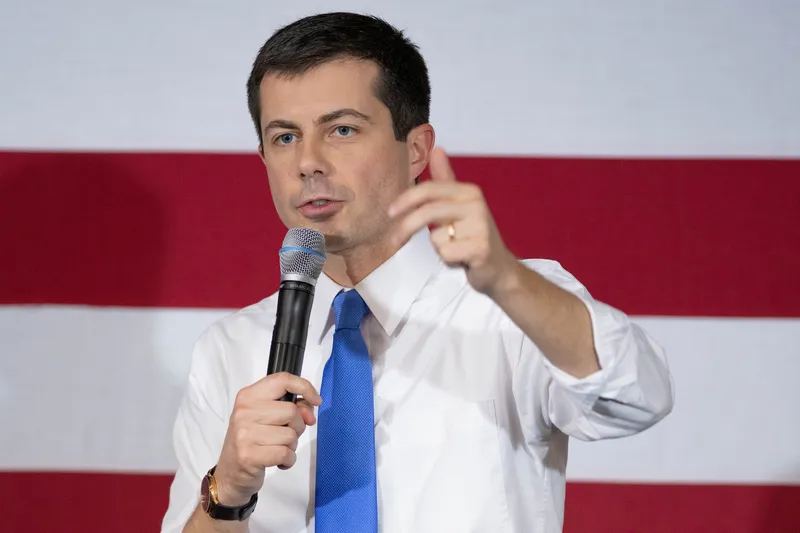London Mayor Sadiq Khan has committed to spending US$194 million (£154 million) per year on cycling over the next five years, representing an average US$21 (£17) per head per annum, a level of spending on a par with Denmark and the Netherlands.
The investment, part of the Transport for London (TfL) draft Business Plan, goes beyond his manifesto commitment to increase the proportion of TfL’s budget spent on cycling. It will also include substantial benefits for pedestrians with new pedestrian crossings an
December 9, 2016
Read time: 2 mins
London Mayor Sadiq Khan has committed to spending US$194 million (£154 million) per year on cycling over the next five years, representing an average US$21 (£17) per head per annum, a level of spending on a par with Denmark and the Netherlands.
The investment, part of the1466 Transport for London (TfL) draft Business Plan, goes beyond his manifesto commitment to increase the proportion of TfL’s budget spent on cycling. It will also include substantial benefits for pedestrians with new pedestrian crossings and more pavement space.
Over the course of the Business Plan, up to 2021/2022, a total of US$971 million (£770 million) will be spent on infrastructure and initiatives to promote cycling.
This new cycling budget, which will help achieve the target of 1.5 million cycle journeys per day by 2025/26, includes the completion of phase two of the North-South Cycle Superhighway from Farringdon to Kings Cross, which will begin construction next year. It also includes the extension of the East-West Cycle Superhighway from Lancaster Gate and work to deliver Cycle Superhighway 11 from Swiss Cottage to the West End.
The plan also includes two new Cycle Superhighways, Cycle Superhighway 4 from Tower Bridge to Greenwich and Cycle Superhighway 9 from Olympia towards Hounslow, with each route also tackling a number of traffic-dominated junctions. Consultations will begin next year.
Working with London boroughs, the three ‘mini-Hollands’, Dutch-style pedestrian and cycle friendly streets, in Enfield, Kingston and Waltham Forest and at least 20 more Quiet-way routes will be planned or rolled-out, making cycling safer and easier in different parts of London.
The investment also includes a new cyclist and pedestrian bridge over the River Thames linking Rotherhithe and Canary Wharf, creating easier connectivity in the area.
Sadiq Khan, who will shortly appoint a new walking and cycling commissioner for London, hailed the amounts of money being committed for cycling in the capital and promised 'further detailed plans for making cycling a safe and obvious choice for Londoners of all ages and backgrounds'.
The investment, part of the
Over the course of the Business Plan, up to 2021/2022, a total of US$971 million (£770 million) will be spent on infrastructure and initiatives to promote cycling.
This new cycling budget, which will help achieve the target of 1.5 million cycle journeys per day by 2025/26, includes the completion of phase two of the North-South Cycle Superhighway from Farringdon to Kings Cross, which will begin construction next year. It also includes the extension of the East-West Cycle Superhighway from Lancaster Gate and work to deliver Cycle Superhighway 11 from Swiss Cottage to the West End.
The plan also includes two new Cycle Superhighways, Cycle Superhighway 4 from Tower Bridge to Greenwich and Cycle Superhighway 9 from Olympia towards Hounslow, with each route also tackling a number of traffic-dominated junctions. Consultations will begin next year.
Working with London boroughs, the three ‘mini-Hollands’, Dutch-style pedestrian and cycle friendly streets, in Enfield, Kingston and Waltham Forest and at least 20 more Quiet-way routes will be planned or rolled-out, making cycling safer and easier in different parts of London.
The investment also includes a new cyclist and pedestrian bridge over the River Thames linking Rotherhithe and Canary Wharf, creating easier connectivity in the area.
Sadiq Khan, who will shortly appoint a new walking and cycling commissioner for London, hailed the amounts of money being committed for cycling in the capital and promised 'further detailed plans for making cycling a safe and obvious choice for Londoners of all ages and backgrounds'.








